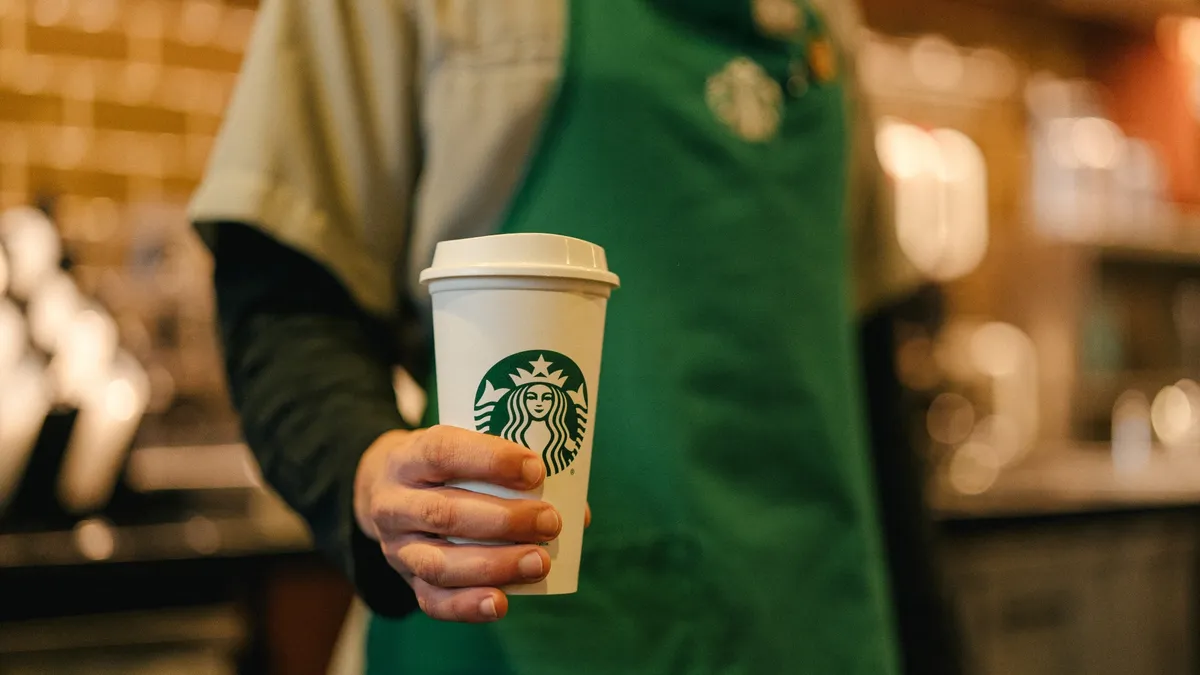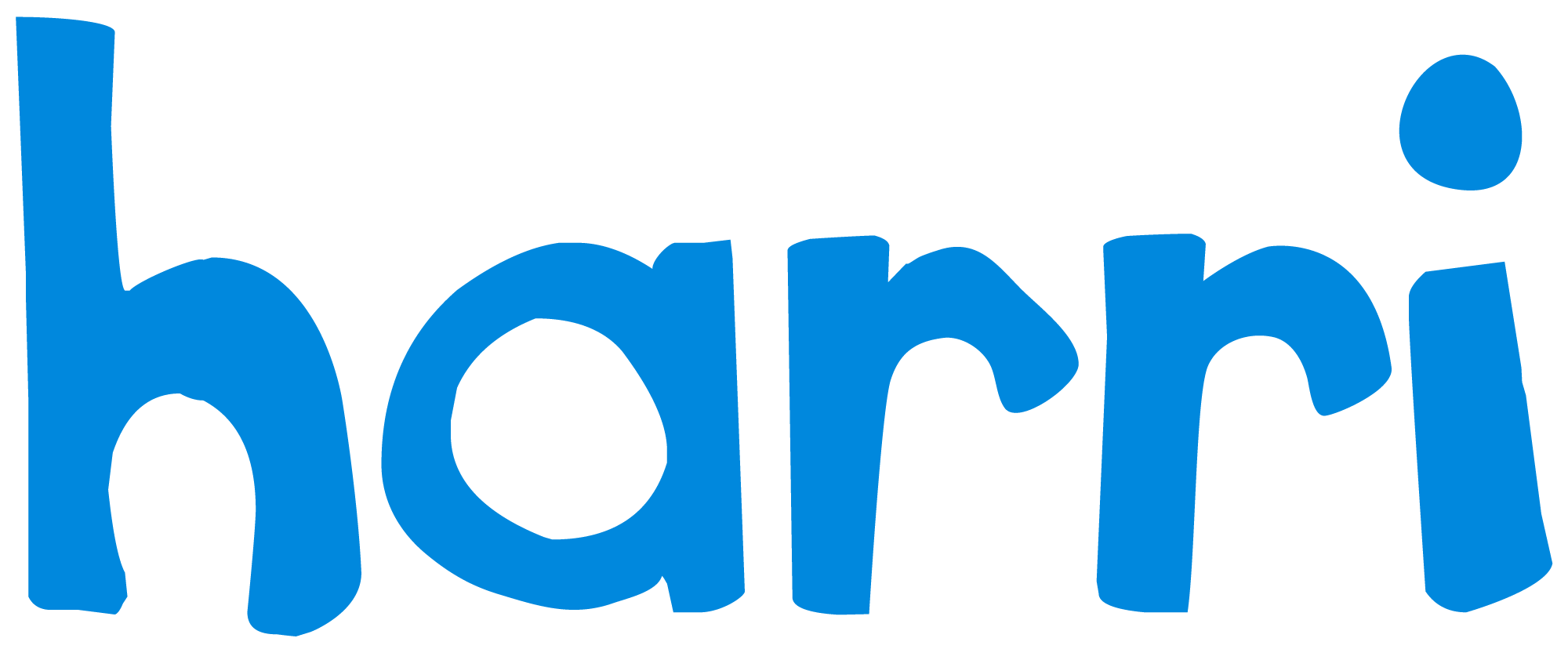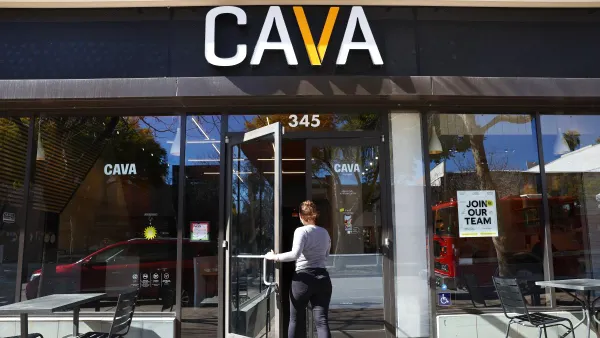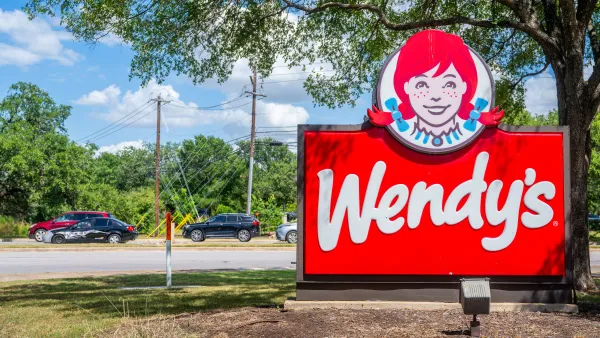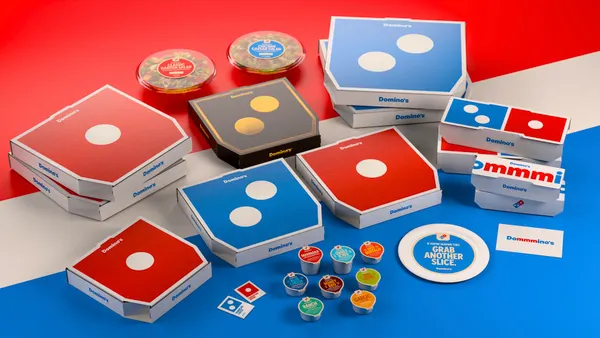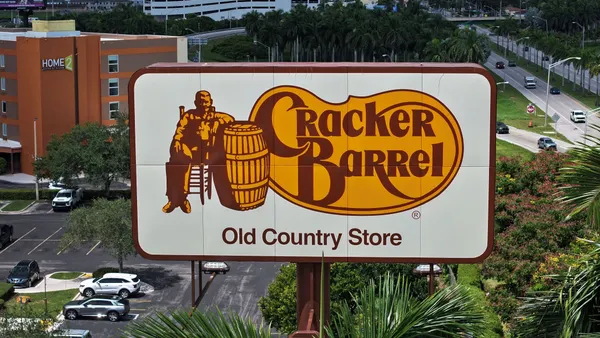Dive Brief:
- Starbucks will eliminate upcharges for non-dairy milk in its coffee drinks on Nov. 7 in the U.S. and Canada, a move that could result in an effective price reduction of as much as 10% for consumers of milk alternatives, CEO Brian Niccol said on the company’s Q4 2024 earnings call, his first earnings call as head of the coffee giant.
- The elimination of the non-dairy upcharge was part of a commitment to restraining costs and clarifying prices for consumers, Niccol said.
- Niccol said the brand is “intent not to increase menu prices at company-owned and -operated stores in North America through fiscal year 2025.” Taken together, those commitments represent the brand’s most decisive move in the 2024 QSR pricing wars.
Dive Insight:
Starbucks is cutting back on some of its discounts, which have proven ineffective at driving traffic and have diluted Starbucks’ premium position in the market, Niccol said Outside of stabilizing menu prices and cutting the non-dairy upcharge, Niccol said the brand has a real opportunity to simplify pricing for its customers.
“You start off with a price for a latte,” Niccol said. “And then the next thing, you start customizing. And right now everything has a kind of a different price, whether it's one pump, four pumps — frankly, I'm still wrapping my head around how the whole system works.”
Niccol said the current pricing system, which can lead to surprises for consumers ordering customized drinks, needs to be clearer. He said the company is still working through the financial implications of changes to its customization system and the end of the alt-milk upcharge, but that both will lead to an improvement in customer experience.
“When we simplify that aspect of it, and then charge for the things that we should be charging for, and maybe not charging for the things that don't really need to be charged for, I think everybody's going to walk away feeling a lot better about ultimately their personal beverage,” Niccol said.
Niccol said the company offers a wide array of customization options that are similar across its drinks, which is not necessarily desirable.
The system, Niccol said, “incentivize[s] people to customize drinks that probably aren't the best way to execute the drink. Not to mention it creates additional complexity for our partners to execute the drink.”
The changes to pricing are accompanied by efforts to simplify the menu and add “guardrails” to customization, Niccol said. Simultaneously, Starbucks will cut back on its menu and slow down the deployment of new menu items, Niccol said. As part of this move, the company will get rid of its Oleato beverage line, a spokesperson confirmed, ending a controversial menu item that blended olive oil with coffee.
The pullback on customization and food and beverage additions are significant shifts away from the chain’s recent emphasis on expanded drink categories, increased food ordering and drinks customization under interim-CEO Howard Schultz, and CEOs Laxman Narasimhan and Kevin Johnson. Niccol said the chain will focus on doing fewer things better in food and beverage.
By 2022, drinks customizations accounted for more than $1 billion in revenue for the company. According to the earnings call, roughly half of consumers who pay for customizations at company-owned stores in the U.S. do so for non-dairy milks. As a result, the chain is likely to see some negative impacts to its financial results. CFO Rachel Ruggeri said the brand will see those impacts in the first half of 2025, but that it anticipates traffic growth later in the year.
“We'd expect that the back half of the year will be stronger as the investments and our strategies start to take hold,” Ruggeri said.



